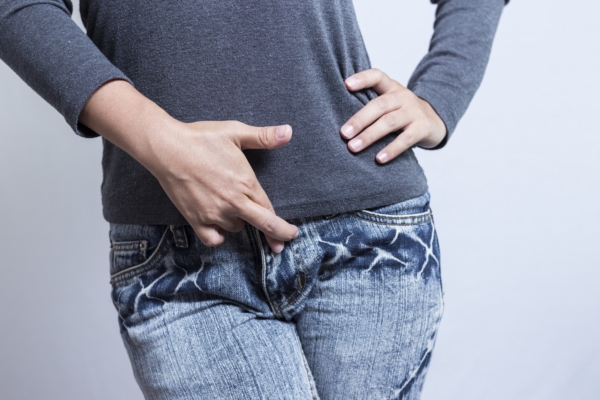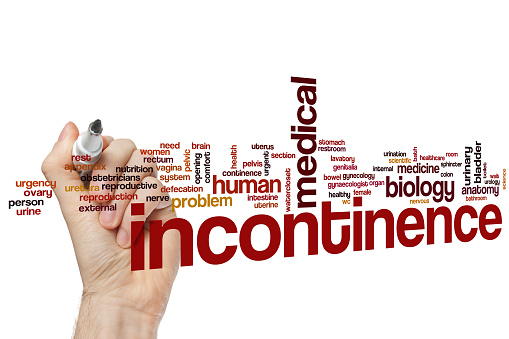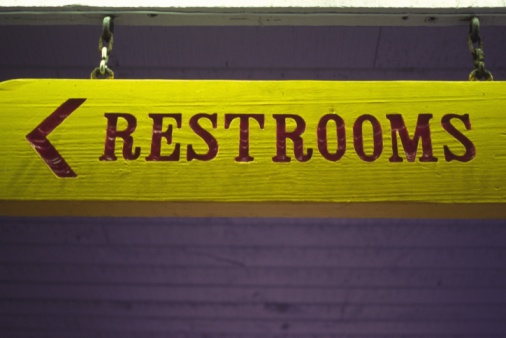Functional incontinence causes, symptoms, and treatment
Functional incontinence is a type of incontinence where the person does not recognize or feel the urge to urinate. People who have functional incontinence have a difficult time getting to the toilet. The problem could be that a person can’t get to the washroom quickly due to mobility restrictions or is slow to remove clothing. Some people ...click here to read more








